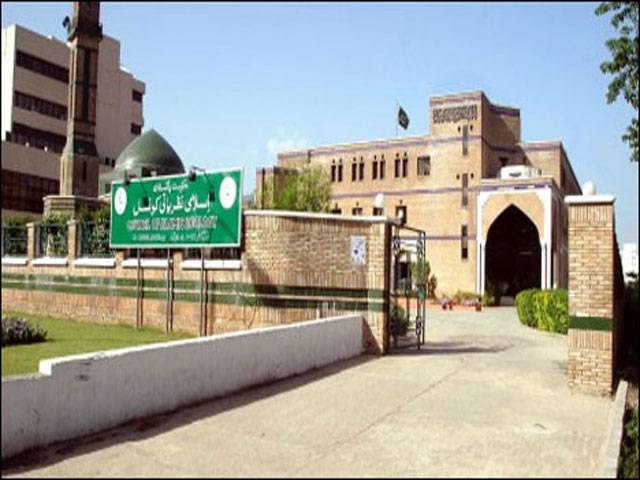ISLAMABAD - The Council of Islamic Ideology (CII) Pakistan here on Tuesday declared that human cloning and changing of gender as un-Islamic acts while announcing its recommendations on a range of issues.
Addressing a press conference here, CII Chairman Maulana Muhammad Ali Sheerani said the council in its 193rd meeting discussed different issues. He said research and thinking was not banned in Islam and new innovations could be made within the limits of Islam.
The council declared human cloning as un-Islamic while maintaining its recommendations given in a previous meeting, Sheerani said.
He said that changing of gender was also un-Islamic for both males and females; however a person could be operated upon if he has characteristics of both sexes. The procedure should be done within Islamic injunctions.
He said test-tube baby could be allowed within certain conditions. He said that gender selection was not prohibited in Islam and it can be done with the limits of Shariah; however it could not be used as a common practice.
The chairman said that mother milk banks should not be permitted as use of this milk would complicate family life and it would also not be beneficial to health.
He said use of secret recordings for court cases should not be part of a general policy but it should only be done in specific cases.
Evidence gained from secret recordings should be used as a supportive evidence as this could not be considered as termed according to Shariah law, he added.
The CII chairman said recommendations of the council would be implemented on all laws. He said that CII’s recommendations were not presented in Parliament and provincial assemblies after 1996, however when he became chairman of the council he started to send them to the parliament.
He said that the council in its next meeting would take up the issues of Christian and Hindu marriage and divorce, decision of Federal Shariah Court regarding Zakat deduction, Shariah veil, status of installing statues in museums and public places and report on national and international agreements.
Saturday, April 20, 2024
Gender change, mother milk banks un-Islamic, declares CII

Pak economy improving, funds will be provided on request: IMF
9:57 PM | April 19, 2024
Minister advocates for IT growth with public-private collaboration
9:57 PM | April 19, 2024
Judges' letter: IHC seeks suggestions from all judges
9:55 PM | April 19, 2024
Formula 1 returns to China for Round 5
9:05 PM | April 19, 2024
Germany head coach Julian Nagelsmann extends contract till 2026 World Cup
9:00 PM | April 19, 2024
A Tense Neighbourhood
April 19, 2024
Dubai Underwater
April 19, 2024
X Debate Continues
April 19, 2024
Hepatitis Challenge
April 18, 2024
IMF Predictions
April 18, 2024
Kite tragedy
April 19, 2024
Discipline dilemma
April 19, 2024
Urgent plea
April 19, 2024
Justice denied
April 18, 2024
AI dilemmas unveiled
April 18, 2024
ePaper - Nawaiwaqt
Advertisement
Nawaiwaqt Group | Copyright © 2024





